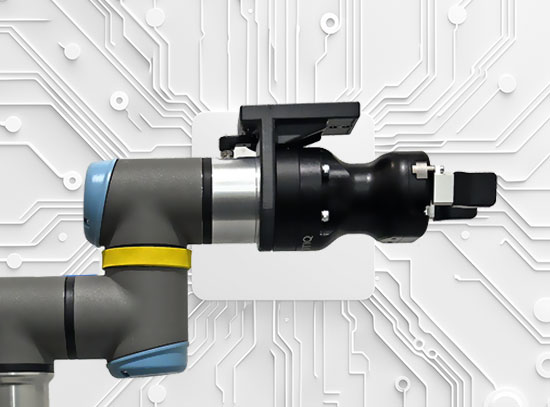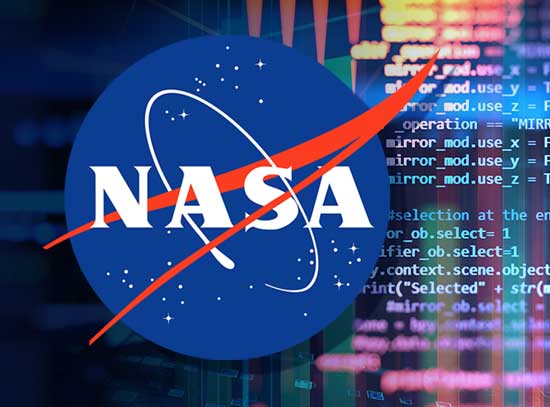Data Science and Systems Integration
Data Science and Systems Integration (DSSI) innovates, integrates, and supports critical hardware for experimental stations and develops and stewards essential software for applications such as data acquisition and analysis. DSSI focuses its research and development in data science and advanced instrumentation and operation of the critical underlying controls and data infrastructure within NSLS-II.
Team Structure
To excel in maintaining the advanced research capabilities of the facility, as well as developing innovative software solutions and data science algorithms, DSSI utilizes a project-oriented team structure.
Project Teams
To create a dynamic development environment, DSSI has a holistic approach to all aspects of their work. Based on the needs of the facility and research communities NSLS-II serves, DSSI creates dedicated development projects with specialized teams.
Beamline-Aligned Teams
DSSI Teams work closely with their partners on the accelerator and beamline staff to ensure smooth day to day operation of the facility and its instruments. They work together on projects to integrate new capabilities in a scalable and sustainable way.
Groups
Data Science and Systems Integration (DSSI) consists of six multidisciplinary teams collaborating to maintain critical controls and data infrastructure for NSLS-II while driving research and development in data science and advanced instrumentation to enhance the facility.
Software
Software we administer includes Bluesky, a Python-based library for experiment control and collection of scientific data and metadata; EPICS, which operates the major devices within the accelerator complex and beamline experiments; and Control System Studio which monitors and operates the accelerator and experimental instrument systems.
Research and Development
Current projects include the Intelligent Learning for Light Source and Neutron Source User Measurements Including Navigation and Experiment Steering (ILLUMINE) project, open-source robotics solutions for self-driving experiments, and the collection of synchrotron data "on the fly" rather than point-by-point, called “flyscanning.”









